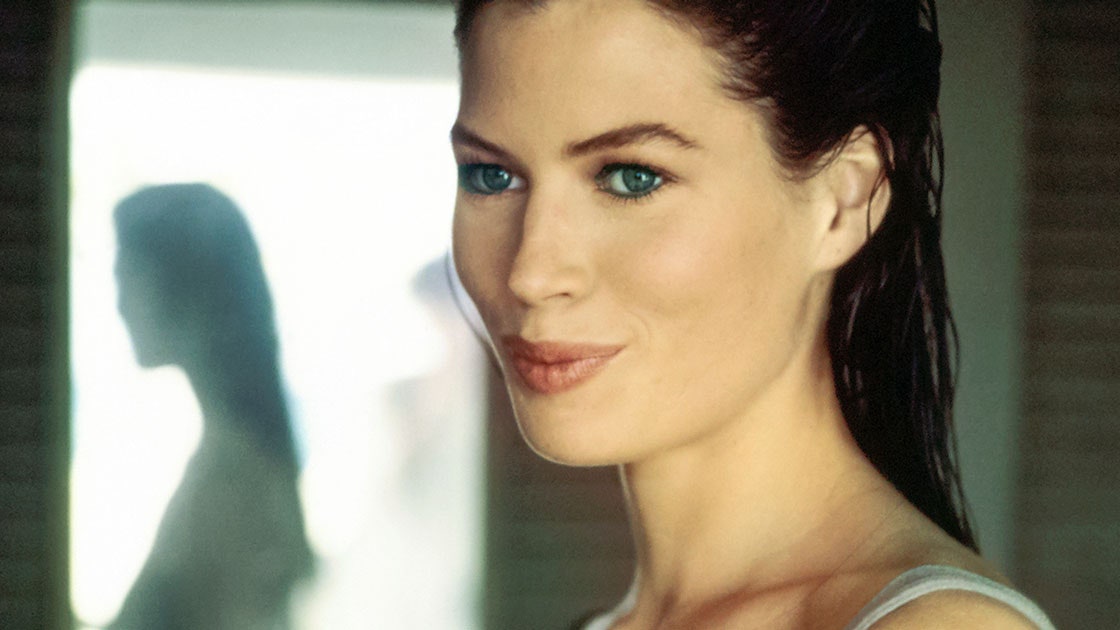Water is essential for our health and physical well-being. And yet, it’s not uncommon for us to find it difficult to stay hydrated, especially as busy, burned-out individuals.
“Everything in your body depends on optimal hydration, from organ function to hormone balance,” explains Los Angeles nutritionist Kimberly Snyder. “When you’re hydrated, your joints are lubricated, your skin is nourished, and your hair follicles can grow healthily.” And when are you not? Not only will the skin be less shiny and the hair more brittle, but energy will lag, detoxification will slow, and digestion will be slowed. “When matter starts to build up and accumulate in your system, it puts a strain on you; you feel heavier and less energetic.”
Rhian Stephenson, nutritionist, naturopath and founder of Artah, says dehydration can also lead to stress. “Even subtle changes in hydration can lead to reduced energy production in the brain, along with changes in mood and cognition, feelings of anxiety, depression and poor sleep quality,” she says. “Not to mention a small decrease in total body water can significantly increase cortisol, our stress hormone.” Mild dehydration can cause a host of problems in the body, and drinking plenty of water and changing your diet can go a long way toward a healthier day.
Here, Snyder and Stephenson give their tips on how to stay optimally hydrated.
Individualize your intake
Eight glasses of water have long been considered the essential amount of water to drink to stay hydrated. But according to Snyder, it actually depends on the needs and activity level of each individual body, as well as factors like the temperature outside (the more you sweat, the more water you lose). As a general rule of thumb, Snyder says women need about 1.7 liters of water daily, while men need about 3.7 liters. But if you want a more tailored quota: “Drink between a half and an ounce of water for every pound you weigh every day,” says Snyder. “For example, if you weigh 140 pounds, that would equate to 70 to 140 ounces of water per day.” (140 ounces is closer to 17 glasses.)
Supplement with electrolytes
While drinking water is obviously key to staying hydrated, it won’t be enough if you don’t have adequate electrolyte levels. “Drinking too much water without enough electrolytes can actually make the problem worse,” Stephenson explains. “Things like coffee and alcohol can disrupt electrolyte balance, and even some things we consider healthy can cause electrolyte loss – think exercise, sweating (even during heat waves) and low-carb diets.”
Drink at room temperature
“I always tell my clients how important it is to drink water at room temperature,” says Snyder, who emphasizes that it is more hydrating than cold water because your body has to expend more energy to bring cold water to a temperature it can absorb, resulting in water loss. Additionally, ice-cold water can cause the blood vessels in your stomach to narrow slightly, hindering the digestion process and delaying hydration.
Hydrate first thing in the morning
Starting the day with replenishing fluids is key to daily hydration, says Snyder. “We often get dehydrated at night,” she explains. “If you hydrate in the morning, you will have more energy and be ready for a day full of success.” And if you want to take it to the next level, drink a cup of hot water with a squeeze of liver-supporting lemon. “It’s filled with vitamin C and helps support your cleansing process,” says Snyder. It is important to hydrate before drinking caffeine.
Drink between meals instead of during
We’ve become accustomed to eating meals alongside tall glasses of water, but it’s actually the worst time to binge. “Too much liquid with meals dilutes your digestive juices and can delay dehydration,” says Snyder. Instead, drink significant amounts of water between meals and throughout the day. Wait at least half an hour before the meal and one hour after the meal. And to make sure you stay on track throughout the day, you can keep an eye on the color of your urine (the clearer the better, says Snyder), or use an app like Waterlogged or Gulp, all of which offer features that help you help track intake and set goals, and remind you to keep drinking.
Eat water-rich foods
“Obviously, water is the first and most obvious source of hydration, but there are some great vegetables you can eat that will help you stay hydrated,” says Snyder. Her biggest favorite is cucumber, which is rich in enzyme water, B vitamins, nutrients, electrolytes and silica. Another is celery, which is packed with vitamins, minerals and fiber to keep the body refreshed and skin radiant, she says. She recommends adding both to her cult favorite Glowing green smoothie and drink it first thing in the morning on an empty stomach. That way, “the body can absorb all the benefits first,” she explains.
Compensate for caffeine and alcohol
Both caffeine and alcohol are diuretics, which means that as you drink them you will urinate more and lose more fluid. To ensure you stay hydrated, you can compensate with extra fluids. “If you choose to drink a glass of one or the other, follow with another full glass of water to work on rebalancing yourself,” she instructs.
Increase your intake of magnesium- and potassium-rich foods
Because they are naturally full of electrolytes. Potassium-rich foods include leafy greens, zucchini, avocados, potatoes, mushrooms and bananas, while foods rich in magnesium include spinach, chickpeas, almonds, tuna, legumes and raw cacao.
Carry a water bottle
When it comes to consistent hydration, there’s no more foolproof strategy than a reusable water bottle. “It helps you remember to drink water while you’re on the go all day,” says Snyder. Or start the day with a large jug of filtered water with your target water intake, and fill all your water bottles with it to track your progress throughout the day. “I’m all for visual and physical cues, like water bottles you see, that remind you to drink,” says Snyder.
Drink coconut water
“For centuries, people in Southeast Asian and Pacific Island countries have drunk the water from young coconuts for hydration,” Snyder explains. “It’s one of the best ways to replace the water and electrolytes the body releases in warm climates.” So after a long day in the sun (or the morning after a long night out), try supplementing your water intake with the popular island thirst quencher.
Reduce the ultra-processed foods in your diet
Ultra-processed foods have received a lot of attention in the media lately. They have been linked to 32 negative health outcomes, from a higher risk of cancer and heart disease to diabetes and poor mental health. They’re also “unnaturally high in sodium and sugar, and low in water—the perfect storm when it comes to dehydration,” Stephenson explains. “They have also been shown to increase inflammation, which also affects our hydration status.”





